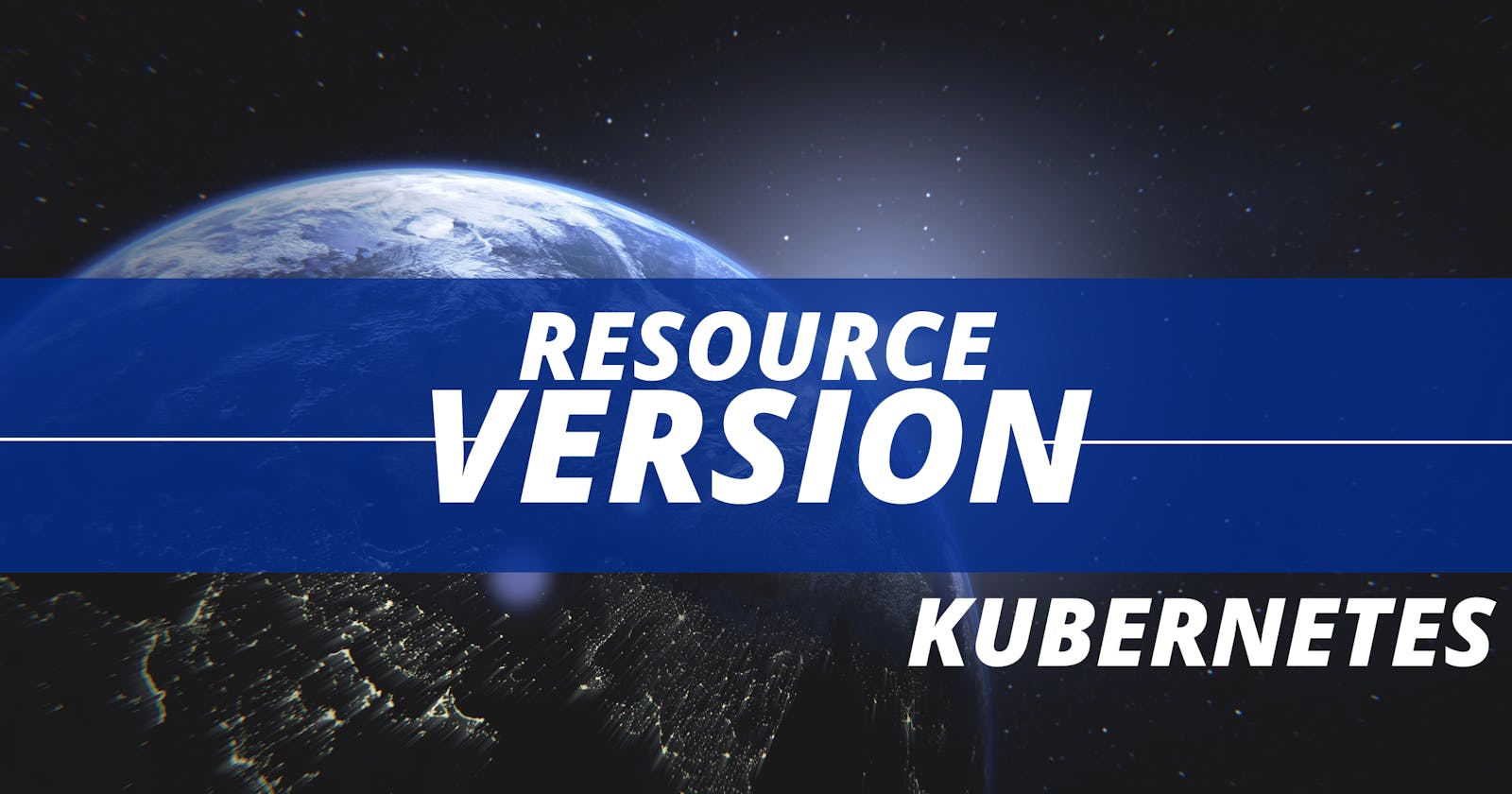In Kubernetes, the resource version is a crucial concept used for optimistic concurrency control. Let me explain what it means:
Resource Version:
All Kubernetes resources have a field called
resourceVersionas part of their metadata.This
resourceVersionis a string that uniquely identifies the internal version of an object.Clients (such as controllers or other components) use this value to determine when objects have changed.
When an object is modified, its
resourceVersionis updated.You can think of it as a version number for the resource within the Kubernetes cluster.
Optimistic Concurrency:
Kubernetes leverages resource versions to achieve optimistic concurrency control.
When multiple clients (such as controllers or users) attempt to modify the same resource simultaneously, Kubernetes ensures that changes don’t conflict.
Clients read the current
resourceVersionbefore making changes.When updating the resource, they include the
resourceVersionin the request.If the current
resourceVersionmatches the one provided, the update proceeds.Otherwise, the client receives a conflict error, indicating that someone else modified the resource in the meantime.
Use Cases:
Resource versions are essential for scenarios like rolling updates, where you want to avoid conflicts between concurrent updates.
They allow you to track changes and maintain consistency across the cluster.
Remember, the resourceVersion helps Kubernetes manage concurrent modifications and ensures data integrity within the system.
